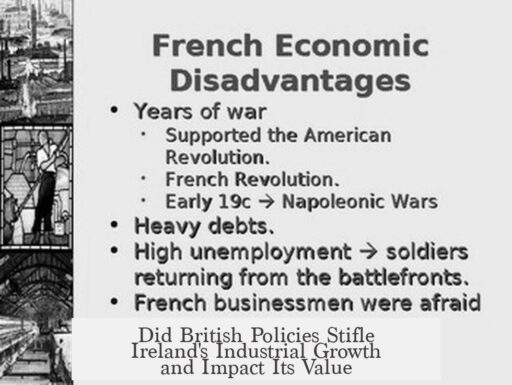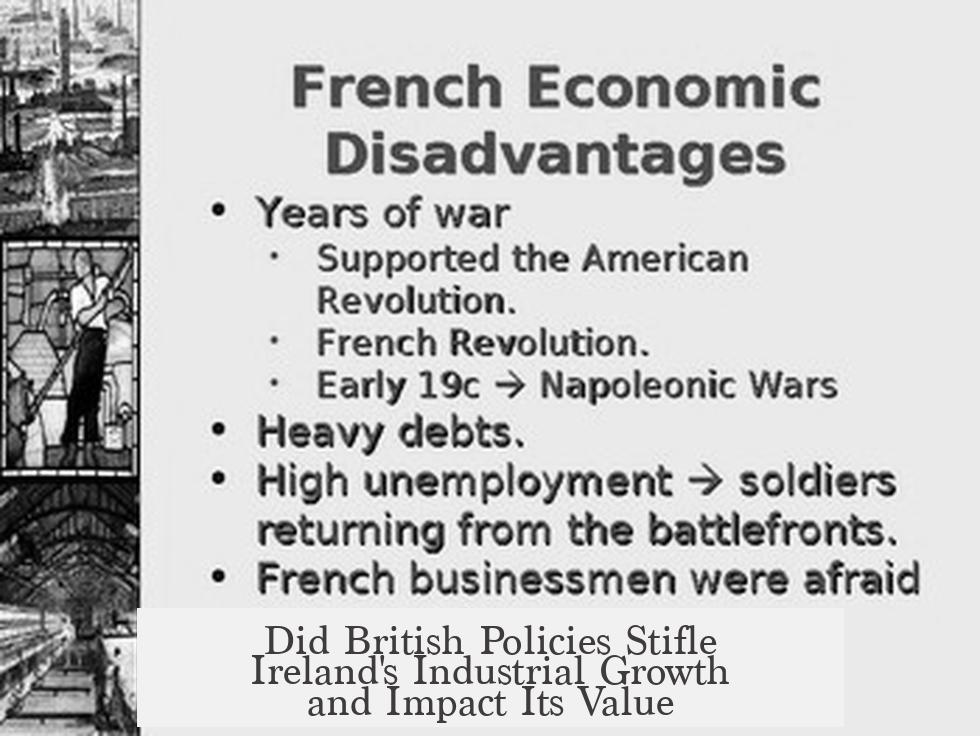The British did not deliberately prevent Ireland from industrializing through explicit policies like tariffs or destroying Irish industry, but Ireland faced significant structural challenges that limited its industrial growth.
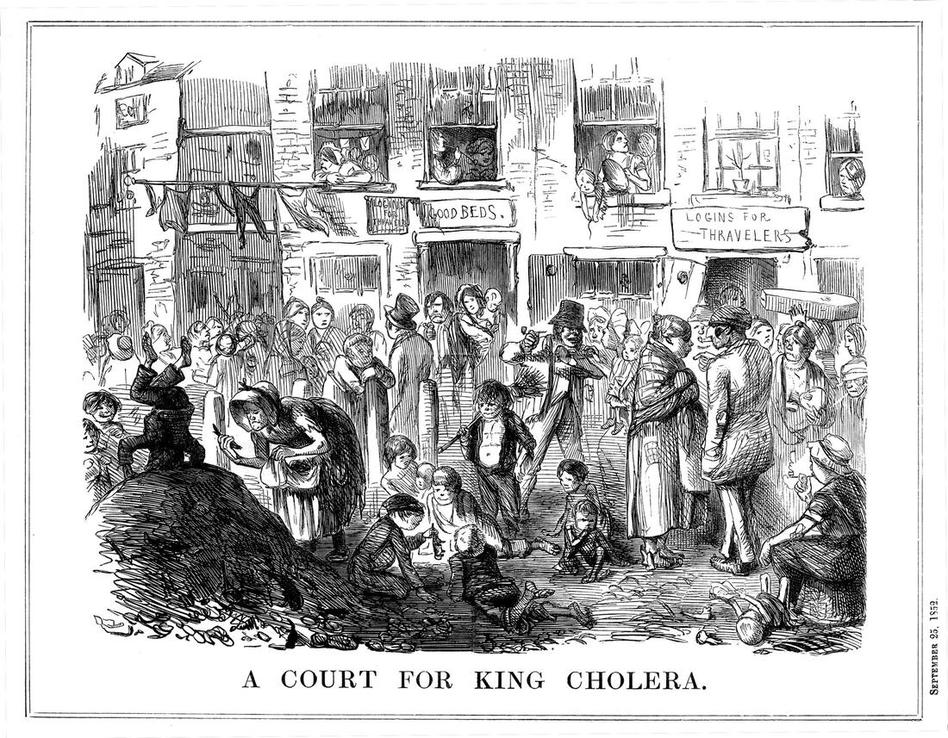
Irish industry struggled because it had to compete with well-established British firms. Those British industries enjoyed government contracts, better-educated workers benefiting from government-backed education, and superior transport infrastructure such as railways and canals. Irish businesses lacked similar state support, putting them at a disadvantage.
Severe social conditions in Ireland played a major role too. The Great Famine devastated the population and economy. Political oppression created instability, and mass emigration drained the workforce. These factors made industrial development difficult.
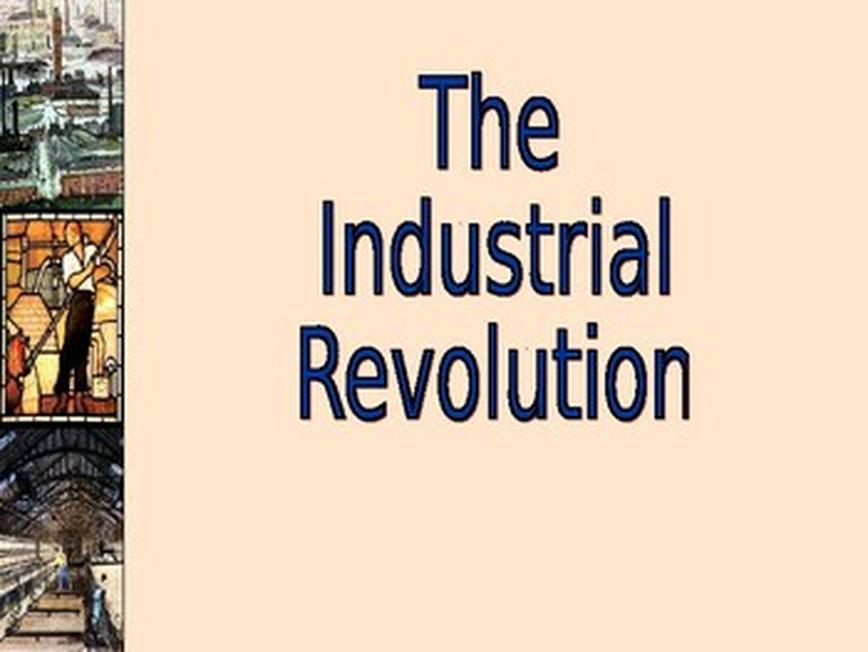
Despite these hardships, some areas, notably Belfast, experienced significant industrial success. Belfast transformed from a merchant town into an industrial hub. Its strong port infrastructure, river sources for factory power, and booming textile industry enabled it to surpass Dublin as Ireland’s largest city temporarily. This shows that conditions allowed industrial growth in some parts but were not universally favorable.
Unionists argued that Ireland was not performing badly industrially overall. Nationalists claimed protectionism was needed to shield Irish industries from British competition. However, there is no solid evidence that Britain imposed tariffs or intentionally suppressed Irish industrial enterprises to protect its own mainland industries.
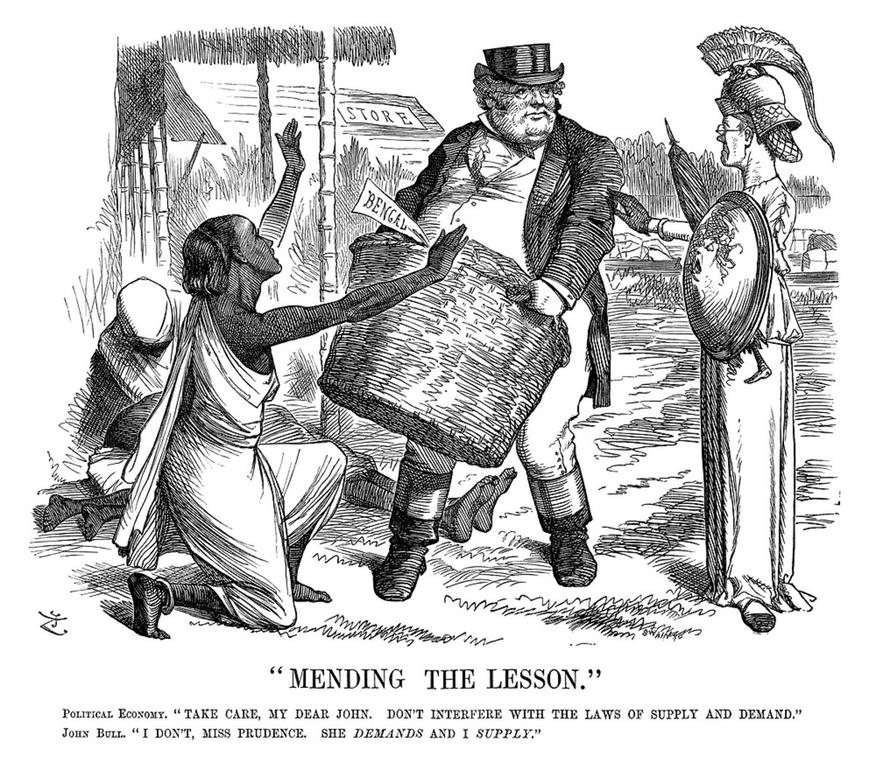
| Factors | Impact on Irish Industrialization |
|---|---|
| Competition with British Industries | Irish firms lacked government contracts and state support, reducing competitiveness. |
| Infrastructure and Education | British industries benefited from railways, canals, and education; Irish industries did not. |
| Social Crises | Famine, political oppression, and emigration weakened economy and labor supply. |
| Belfast’s Industrial Growth | Industrial hub with port and river powered factories, an exception in Ireland. |
While richer Irish industry could have increased tax revenues, the main barriers were structural and social, not deliberate British policies. Britain’s global empire priorities and Ireland’s internal difficulties shaped economic outcomes more than any active suppression.
- No direct British policy intentionally stopped Irish industry via tariffs or destruction.
- Irish industries lacked state support enjoyed by British firms, leading to competitive disadvantages.
- Famine, oppression, and emigration severely hindered Ireland’s industrial potential.
- Belfast’s industrial success shows industrial growth was possible under favorable conditions.
- The economic gap resulted from complex structural factors, not straightforward British suppression.
Did the British Prevent Ireland from Industrializing? Unpacking the Myths and Realities
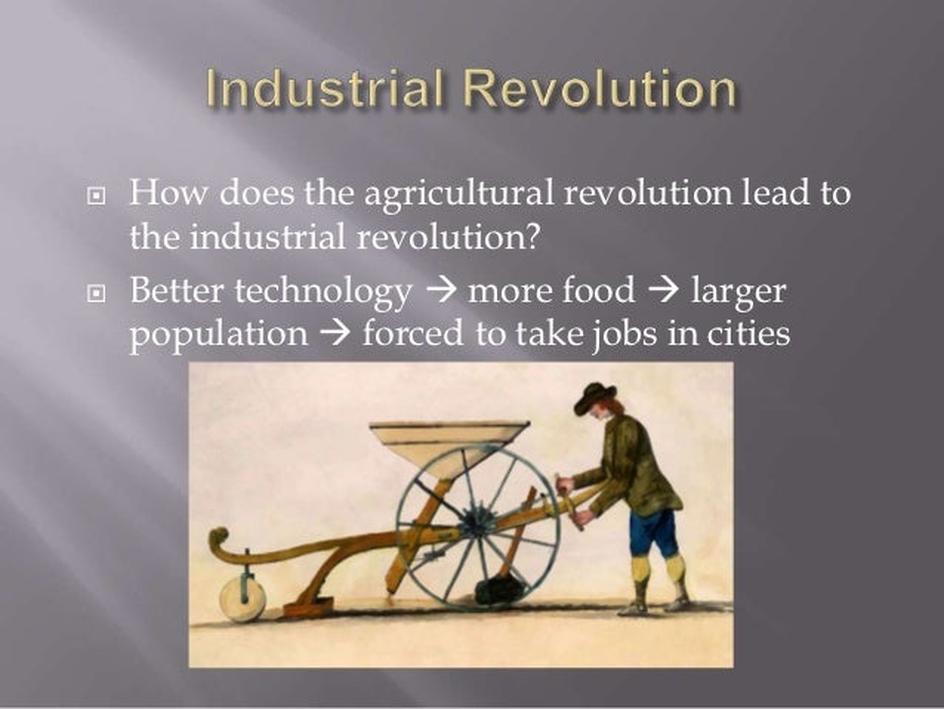
So, did the British stop Ireland from industrializing? Not exactly. This question is packed with history, politics, and economics all mixed together like a complicated stew. You might wonder: if Ireland were richer and more industrialized, wouldn’t it be more valuable and taxable to Britain? That sounds logical, but the reality is more tangled than it seems.
Let’s dig into the story step-by-step and unravel why Ireland didn’t industrialize as much as mainland Britain, and why it’s not just about British sabotage, despite what many passionate debates suggest.
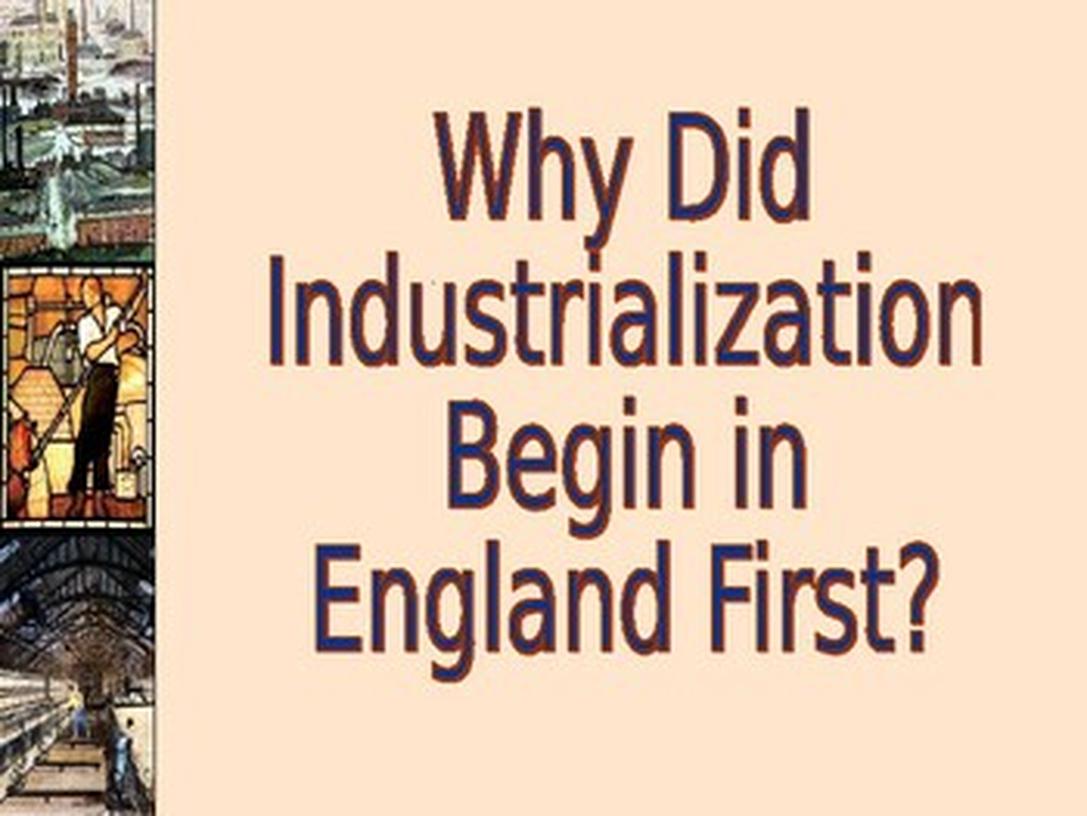
Political Battleground: Two Very Different Tales
This topic is a hot potato in Irish and British history. Irish nationalists argue British competition harmed Irish industry badly. They say Ireland could have thrived if only it had protection from powerful British industries. On the flip side, Unionists claim Ireland was not doing so badly industrially. Each side uses the industrial story to push political aims.
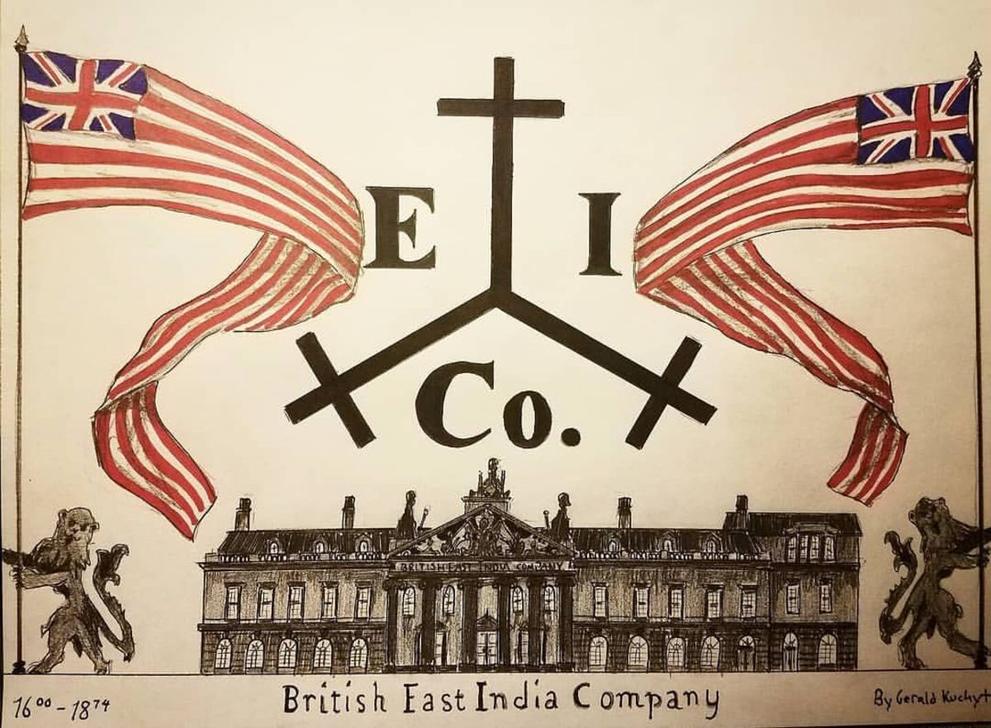
Ask yourself: was Ireland locked out or simply outgunned? The answer isn’t black and white.
Is Industrialization All or Nothing?
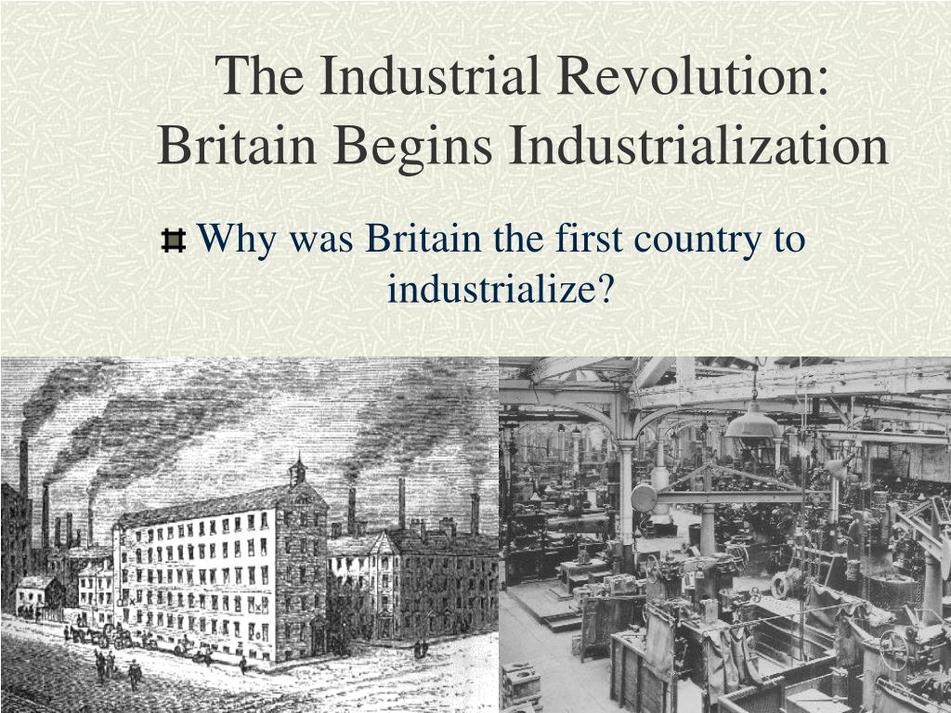
Before picturing giant smokestacks and railroads everywhere, remember that in 19th-century Britain farming still occupied many people. Even the most industrialized areas had huge rural populations. It’s hard to draw a sharp line between “industrial” and “agrarian” societies at that time, and Ireland was part of this blurry mix.
Making things trickier, Ireland lost a ton of historical census data, so it’s challenging to say definitively how many Irish worked what jobs. It’s like trying to finish a puzzle with half the pieces gone.
Belfast: Ireland’s Industrial Rebel
Here’s an interesting twist: Belfast was *the* industrial success story in Ireland. It transformed from a merchant town into an industrial powerhouse, powered by booming textile factories and a bustling port. So much so, Belfast even overtook Dublin in size for a while.
How did Belfast do it? Good infrastructure, access to waterways, and a thriving merchant background gave it an edge. It’s proof Ireland wasn’t incapable of industrial growth — context and local factors matter.
No Evidence of Deliberate British Sabotage
This is crucial: historians find no smoking gun that Britain deliberately destroyed Irish industries or slapped heavy tariffs on Irish goods to protect their own companies. The British government mostly followed **laissez-faire** policies, meaning they mostly let the markets run themselves. That doesn’t sound like a conspiracy to crush Irish industry, does it?
So, if not sabotage, what then?
Structural Disadvantages: The David vs. Goliath Situation
Imagine trying to run a factory while your biggest competitor gets free trains, better education, and government contracts handed on a silver platter. That was Ireland’s reality. British industries benefited from massive state support, extensive railway and canal networks, and workers who often had mandated schooling.
Meanwhile, Irish industries had none of these advantages. They faced stiff competition on unequal footing—like a marathon where some runners get jetpacks and others don’t even get proper shoes.
Famine, Oppression, Emigration: The Invisible Weights
And let’s not forget the massive tragedies hitting Ireland: famine, political oppression, and waves of emigration, especially to America. Millions left Ireland, including many who might have contributed to industrial growth. It’s tough to build factories and railroads when so many people are starving, politically crushed, or leaving your country for good.
Against this backdrop of hardship, competing with booming British industries based in the richest empire on Earth was a brutal ask.
So, Would Industrializing Ireland Have Been More Valuable to Britain?
On paper, yes! A richer Ireland could have meant more tax revenue for Britain. But it’s not just about money. Allowing a rapidly industrializing Ireland might have increased Irish calls for independence sooner or made the Irish economy less dependent on Britain.
British policymakers also believed Ireland’s strength lay in agriculture and raw material exports. This view didn’t encourage direct investment in industry or infrastructure. So, instead of actively preventing industry, Britain’s neglect and policies of laissez-faire let economic realities and hardships dictate the pace.
What Can We Learn From This?
- Industrialization isn’t a switch. Social, political, and economic layers influence it deeply.
- Political agendas shape how history is told. Nationalists blame Britain; unionists paint a brighter picture.
- Belfast’s success shows Ireland wasn’t doomed—resources, location, and infrastructure helped.
- Structural disadvantages and brutal hardships hampered growth more than direct British interference.
- Economic neglect and political realities sometimes suppress development more effectively than tyranny.
Ultimately, Ireland’s industrial story is a story of struggle against huge obstacles—not a tale of simple sabotage.
Final Thoughts
Next time you hear the claim that the British deliberately prevented Irish industrialization, pause and consider the bigger picture. Ask questions like: What role did famine play? How did Belfast thrive differently? What advantages did British businesses enjoy? History is rarely about villains and heroes in neat costumes.
Understanding this complex past helps us appreciate Ireland’s resilience and recognize the real forces shaping nations.
By studying the intricate realities behind Irish industrialization, we uncover truths more nuanced—and sometimes more fascinating—than simple blame.
